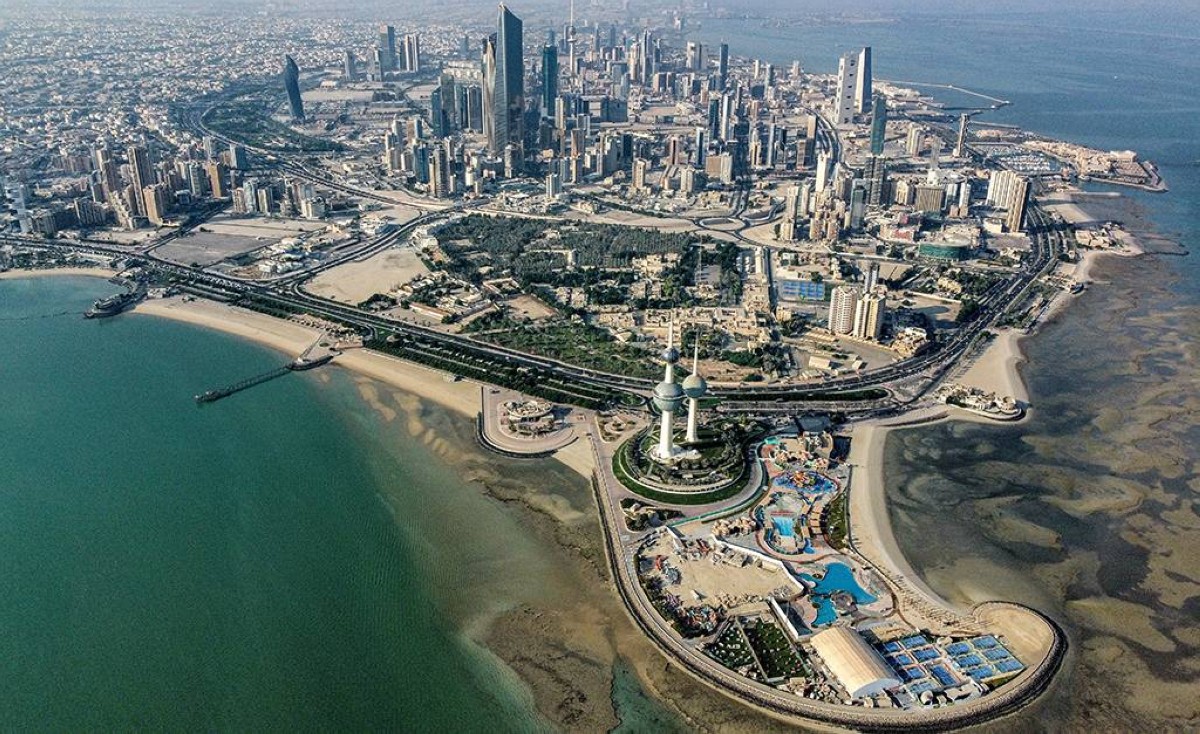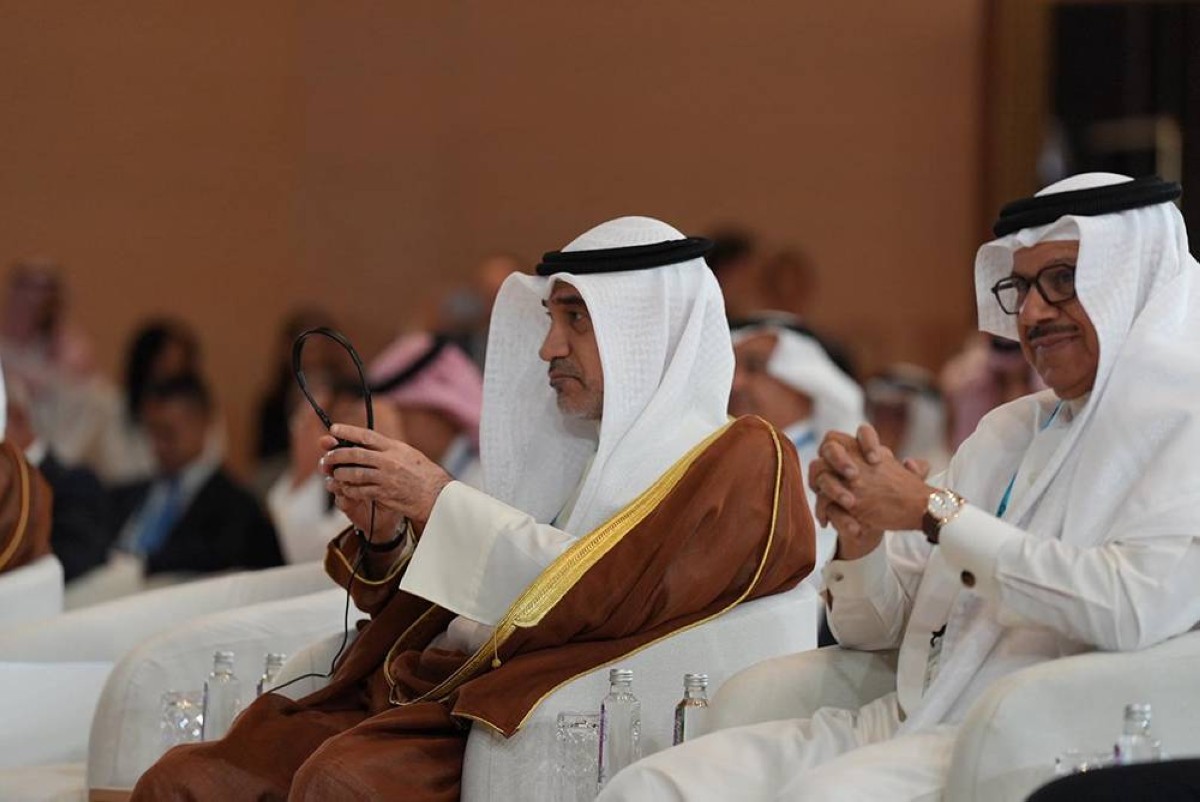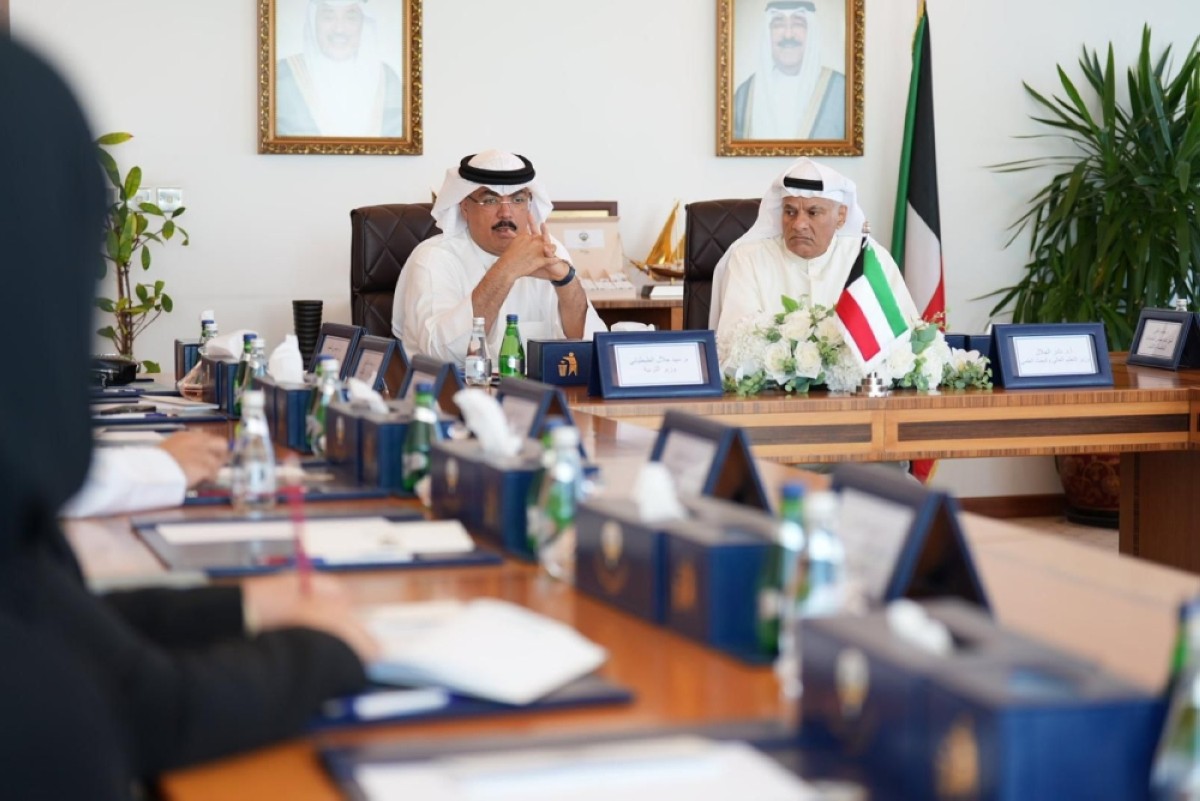KUWAIT: The total population in Kuwait reached approximately 5.099 million people by the end of June 2025, marking a growth of about 2.2 percent—or an absolute increase of around 111,000 people—compared to the end of 2024 when the population was 4.988 million, according to the data released by the Public Authority for Civil Information. The PACI has released the latest detailed data on population and labor statistics as of the end of June 2025.
The proportion of Kuwaitis in the total population also dropped— from about 31.7 percent at the end of the first half of 2024 to around 30.4 percent according to the latest figures. The number of Kuwaiti males, at approximately 776.7 thousand, slightly exceeds that of Kuwaiti females, at around 773.9 thousand. Meanwhile, the number of non-Kuwaiti residents increased by about 189.3 thousand people, representing a growth rate of approximately 5.6 percent, bringing their total to around 3.548 million. The compound annual growth rate (CAGR) of the non-Kuwaiti population from 2015 to June 2025 was about 2.0 percent.
The total number of workers in Kuwait reached approximately 3.142 million, representing about 61.6 percent of the total population. For Kuwaiti citizens, the employment-to-population ratio stood at about 31.7 percent of the total Kuwaiti population. Notably, the percentage of employed non-Kuwaitis out of the total non-Kuwaiti population was around 74.7 percent. When compared to the end of June 2024, the share of Kuwaiti workers within the total workforce in Kuwait decreased from about 16.6 percent to approximately 15.6 percent in June 2025.
Additionally, the proportion of female workers among the total Kuwaiti workforce declined to around 49.3 percent by the end of the first half of the current year, down from 51.2 percent in June 2024. Female workers made up around 30.3 percent of the total workforce in Kuwait. The number of employed Kuwaiti nationals declined by approximately 15.2 thousand, bringing the total to around 491.1 thousand workers, down from about 506.4 thousand at the end of June 2024. Of these, about 392.9 thousand were employed in the government sector, accounting for 80.0 percent of all working Kuwaitis. This figure differs from the 83.8 percent reported by the CSB, both entities being government institutions, which may be due to the inclusion of unemployed individuals or those on waiting lists in the latter’s figures.
It is believed that the number of openly unemployed Kuwaitis slightly increased to around 30.7 thousand individuals, representing approximately 6.2 percent of the total Kuwaiti labor force by the end of June 2025, compared to about 29.9 thousand or 5.9 percent at the end of June 2024. The total number of workers (both Kuwaiti and non-Kuwaiti) in the government sector reached about 520 thousand, which accounts for roughly 16.5 percent of the total population. Kuwaitis made up approximately 75.6 percent of all employees in the public sector.
Kuwait oil price edges up
By the end of July 2025, the fourth month of the current fiscal year 2025/2026 had concluded. The average price of Kuwaiti oil per barrel for July was around $71.4, an increase of $1.5 per barrel or by 2.2 percent compared to the June’s average of $69.9 per barrel. It was also higher by $3.4 per barrel or by 5.0 percent, compared to the new assumed price in the current budget which is set at $68 per barrel. When comparing this figure to the approved expenditures of KD 24.538 billion, it is likely that the general budget for the current fiscal year 2025/2026 will record a deficit of KD 6.262 billion. However, the dominant factor remains the developments in oil revenues and the potential for savings in expenditures.
Furthermore, the average price of Kuwaiti oil per barrel for the elapsed period of the current fiscal year stood at $69, that is lower by $10.7 or by-13.4 percent compared to the average price per barrel of the previous fiscal year 2024/2025, which was around $79.7. It is also lower by $21.5 or by 23.7 percent, compared to the breakeven price in the current budget at $90.5, according to estimates by the Ministry of Finance and following the suspension of the 10 percent deduction from total revenues for the Future Generations Reserve. It is assumed that Kuwait generated oil revenues of KD 1.352 billion in July. Assuming that production levels and prices remain unchanged, an assumption that may not hold, total oil revenues for the entire current fiscal year are expected to reach KD 15.350 billion after deducting production costs.
This figure is around KD 45 million higher than the estimated amount in the current fiscal year’s budget, which is at KD 15.305 billion. With the addition of around KD 2.926 billion in non-oil revenues, the total budget revenues for the current fiscal year would amount to KD 18.276 billion. An announcement was made on July 22, 2025, regarding the actual budget deficit (the final account) for the previous fiscal year 2024/2025, which amounted to KD 1.056 billion. However, the detailed figures of that final account have not yet been published, making it difficult to analyze the situation.


 Latest News21 hours ago
Latest News21 hours ago
 Latest News23 hours ago
Latest News23 hours ago
 Politics7 hours ago
Politics7 hours ago
 Business14 hours ago
Business14 hours ago
 Latest News14 hours ago
Latest News14 hours ago
 Latest News12 hours ago
Latest News12 hours ago
 Politics3 hours ago
Politics3 hours ago
 Politics4 hours ago
Politics4 hours ago














